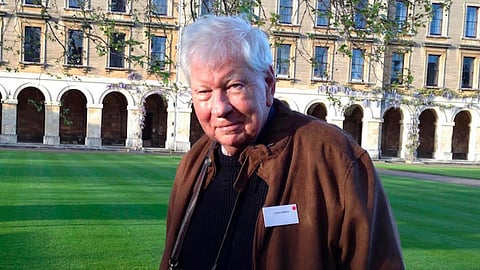PREMIUM – R.W. Johnson: A bend in our river
By R.W. Johnson*
In V.S. Naipaul's magisterial novel, A Bend in the River, Salim, a Muslim Indian merchant is domiciled in an unnamed African state and we see its political development through his eyes. He watches the ascent to power of the President, or the Big Man. At first he is treated like a god. Women wear his face on their skirts, his rather paltry "thoughts" are set out in a little red book and academics pore over them, hoping to glean major philosophical insights. (This may seem fantastical now but the amateur philosophizing of the first generation of African leaders really was treated with such exaggerated respect.)
However, problems arise, factionalism grows, as does corruption and extortion and it is clear that the state is on a downward trajectory for all the usual reasons. The last time Salim sees the President he is hurtling through town and he looks anything but happy. Salim, whose shop has now been seized as part of the programme of "radicalisation", realises that the President has lost control and, indeed, that the whole country is out of control.
___STEADY_PAYWALL___

